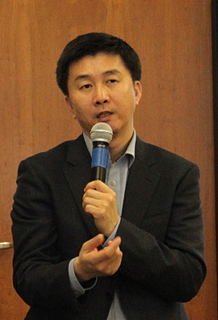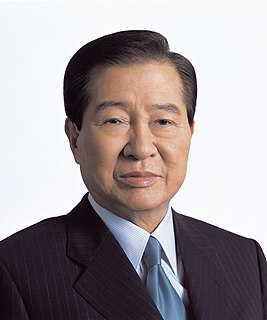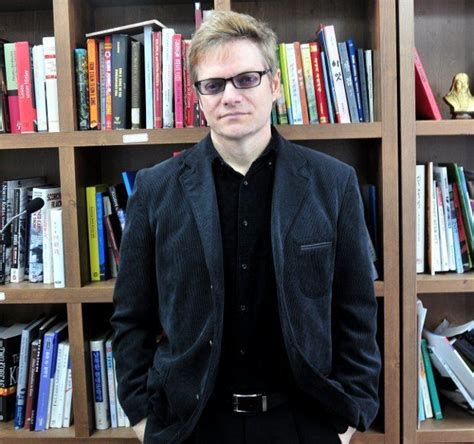A Quote by Lee Hyeon-seo
North Koreans are forced to work at state jobs in a moribund economy. Countless parents watch their children go to bed hungry. Many North Korean families feel they have no option but to try to escape.
Related Quotes
The North Korean Communists are implacably pursuing their military buildup in defiance of the international trend toward rapprochement and of the stark reality of the Korean situation, as well as of the long-cherished aspiration of the 50 million Koreans. The North Koreans have already constructed a number of underground invasion tunnels across the Demilitarized Zone.
In contrast, Western historians, and those in South Korea, say the North attacked the South on June 25, 1950. Both sides agree that after the war began, the North Korean Army captured Seoul in three days and pushed as far south as Pusan before American troops arrived to drive back the North Koreans nearly as far north as the border to China.
North Korea is no threat at all. I have already spoken about it during countless televised interviews. I visited North Korea and mingled with its people. There, nobody wants war. The North Korean people paid a terrible price for their independence. Its civilians were murdered mercilessly in tunnels by Western forces; its women were brutally raped, entire villages and towns leveled to the ground, or burned to ashes. All this is never discussed in the West, but is remembered in North Korea.
In the spring of 2007, Israeli intelligence brought to Washington proof that the Assad regime in Syria was building a nuclear reactor along the Euphrates - with North Korean help. This reactor was a copy of the Yongbyon reactor the North Koreans had built, and was part of a Syrian nuclear weapons program.

































